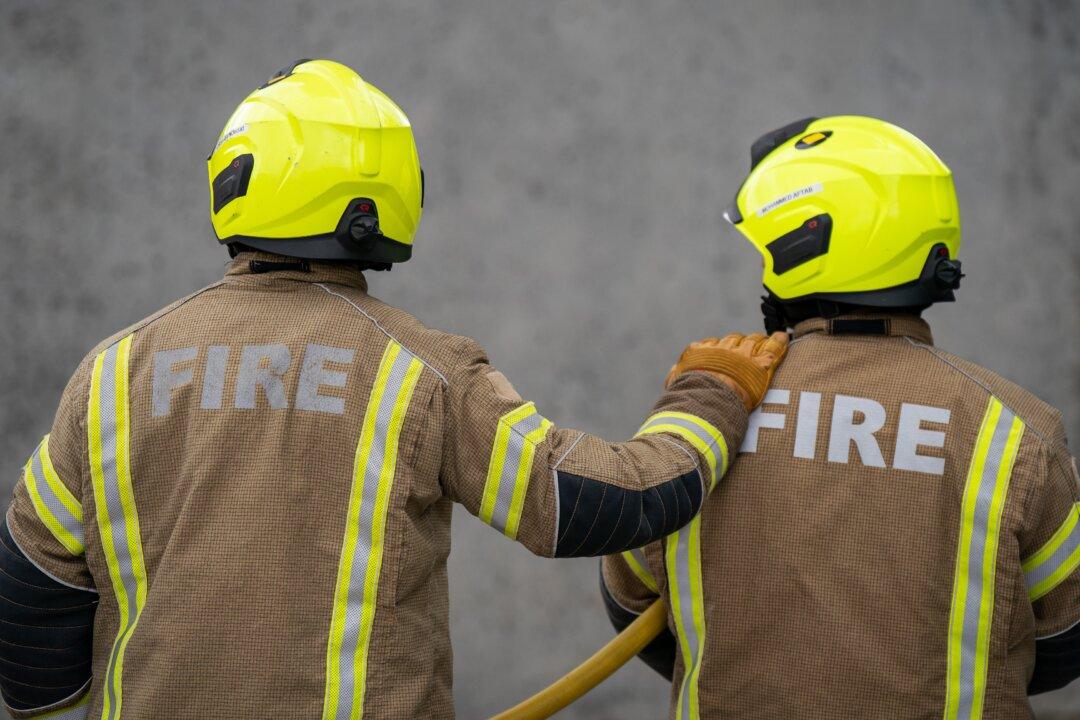Planned strikes by UK firefighters have been postponed after employers put forward an increased pay offer.
The Fire Brigades Union (FBU) had planned to announce dates for strike action after more than 80 percent of its members who voted in a ballot in December backed industrial action.





